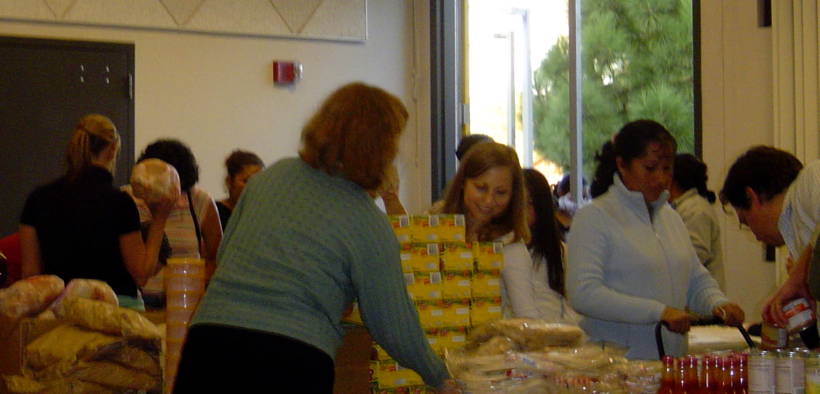Nonprofits At Risk of Closure as Funding Hit by Coronavirus

“This is the largest financial hit that we will have ever taken in the history of our agency.”
The impacts of the COVID-19 coronavirus have been mostly represented by money lost by businesses and lives claimed by the disease. However, the nonprofit sector in the US is also suffering as funding dries up. A group of nationwide nonprofits requested $60 billion from Congress for emergency funding on top of the general economic relief bill the legislature is working to pass, NPR reported.
The United Way, YMCA, YWCA, and American Cancer Society are included in the coalition that is also advocating for tax breaks and use of federal small businesses loans to help soften the blow to all charitable organizations.
Cancelled Events Means Cancelled Donations
Nonprofits traditionally rely on events they had on a regular basis to drive donations. Due to the nature of COVID-19, holding large-scale public events such as dinners and art galas is simply impossible. Char Rivette, executive director of the Chicago Children’s Advocacy Center, fears what will happen if its funding dries up due to cancelled events.
“This is the largest financial hit that we will have ever taken in the history of our agency,” Rivette told Chicago-based CBS 2. It deems the work it provides—helping children who have experienced physical or sexual abuse—as critical to the community. Therefore, although it is missing out on $500,000 of revenue, it stays open with minimal staff.
Other organizations aren’t afforded the luxury of remaining open during the economic crisis. In Milford, Mass., Children Across America suspended its operations in addition to canceling fundraisers. The group assists low-income families with healthcare and education.
In New Jersey, Stephanie Cartier spent three years preparing No Limits for its opening in February. The cafe, staffed by intellectually-disabled workers, closed less than a month later. She let go of her staff indefinitely, The New York Times reported.
Employees Hit, Too
Nonessential nonprofits also fear the long-term repercussions of the economic shutdown, Alison Bosma wrote for MetroWest Daily News.
“The thing I’m worried about is when stuff even opens up again …. businesses are so hard hit, are they going to be in a position to donate an auction item?” said Catherine Pisacane, executive director of Project Smile. “You feel inappropriate even asking for donations right now.”
“It was the first time many of them had a job, and now it’s gone,” Cartier said. “They didn’t even work long enough for unemployment.”
Relief in The CARES Act
Tim Delaney, CEO of the National Council of Nonprofits, detailed how the current iteration of the Coronavirus Aid, Relief, and Economic Security (CARES) Act may benefit charities. Several provisions of the $2.2 trillion stimulus may afford nonprofits temporary assistance to make it ends meet.
First, it includes a new Emergency Small Business Loan program and if entities retain their staffs from March 1 to June 30, the loan can be forgiven. Up to $10 million may be borrowed to cover nearly every time of operating expenses including salaries and insurance premiums. Larger organizations can utilize the Industrial Stabilization Fund if they have between 500 to 10,000 employees. This type of loan isn’t forgivable like the SBA variation, but it does have interest rates capped at 2% with the first six months free of interest and repayments, Delaney wrote.
The bill will also allow taxpayers to deduct a one-time, $300 donation to qualified charities. Normal donations have fallen as donors face layoffs and economic uncertainty, but once the economy stabilizes again, they can take advantage of the new deduction.
To be clear, the bill must first pass the House of Representatives and earn the signature of President Donald Trump before any of it could be capitalized on by nonprofits, businesses, and consumers.
“There can be no doubt that the mounting health and economic challenges ahead will require increasing policy work at all levels and branches of governments,” Delaney wrote. “The only way we can possibly succeed is to come together in this time of social distancing. None of us can do it alone. Neither as individuals nor as organizations. We need to unite to share information, insights, and inspiration.”
He urged nonprofits to join their state associations to facilitate faster delivery of information that may enable them to survive the crisis.















